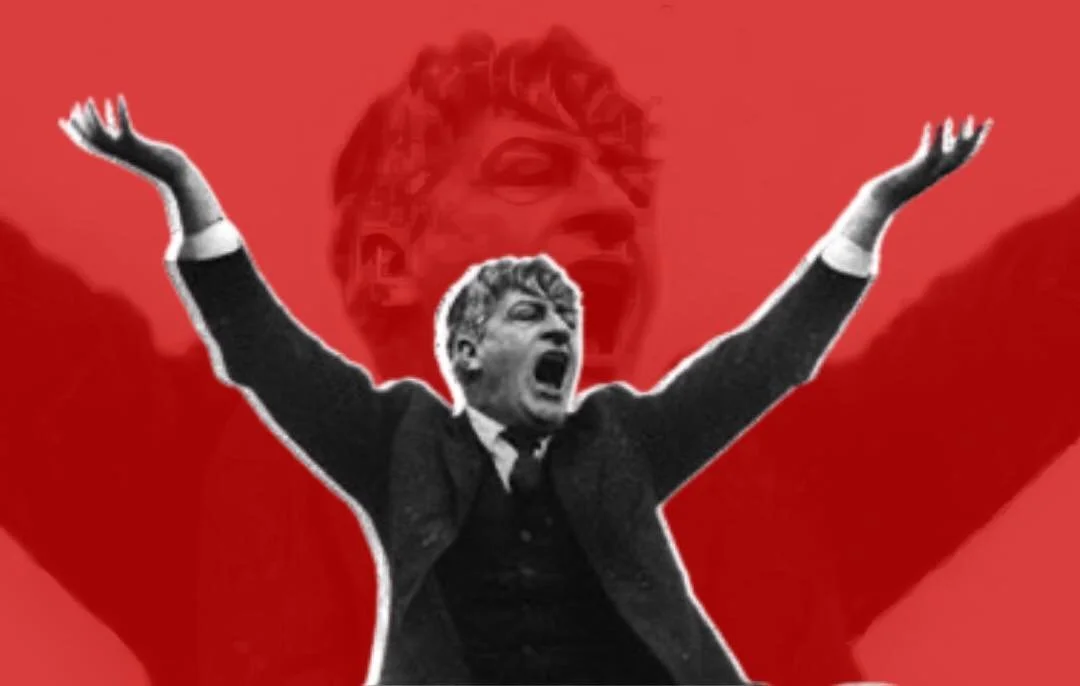75 Years After Larkin's Death, Ireland Needs Fighting Trade Unions!
Jim Larkin died on this day 75 years ago. While the physical image of ‘Big Jim’ Larkin still looms large on Dublin’s O’Connell Street, his ideas around the role that trade unions should play in Irish society are far less visible.
As a co-founder of both the Irish Transport and General Workers Union (now SIPTU) and the Irish Citizen Army, it is undoubtedly true that Larkin would be deeply disappointed by much of the modern Irish trade union movement.
Éirígí activists pass the iconic James Larkin statue on Dublin’s O’Connell Street at a 2015 anti-Water Tax protest
Union activity and militancy today has been severely constrained by the Industrial Relations Act, which was introduced by Bertie Ahern in 1990. This piece of legislation puts limits on balloting, picketing, striking and restricts most types of workplace militancy. The main leverage that a union has - the ability to withdraw the labour of workers - has thus been much reduced.
The Industrial Relations Act was designed to end militancy in the workplace and instead channel industrial disputes into a long process of negotiation, often with the intervention of the Workplace Relations Commission or Labour Court. This approach sucks the life out of workplace activists, and workers generally, as the bureaucratic process drags on for months and years with seemingly no end in sight.
For those who are working part-time, or working on short-term contracts, or working in the gig economy, the prospect of waiting months or years for an outcome to an industrial dispute is no option at all.
Larkin understood that better wages and conditions are not given as gifts from the great and the good, but secured through the sustained, persistent pressure from fighting trade unions. And that without strong fighting trade unions employers will soon roll back past victories and reduce workers to cleaning the shoes of their bosses.
Despite the draconian restrictions of the Industrial Relations Act, trade unions remain the best vehicle for workers to defend past victories and to secure higher wages and better conditions of employment in the future.
While there are many deep flaws in the modern Irish trade union movement, that does not mean that workplace victories cannot be won in the short-term. Nor does it mean that fighting trade unions of the type that Larkin envisioned cannot emerge in the future - trade unions that can secure victories not only for their own members, but for wider Irish society.
Trade union activism can be a rewarding and empowering experience, especially when gains are made and where workers have successfully stood together against an injustice.
Wexford Town, 2014. The Right 2 Water campaign, which was supported by UNITE, MANDATE, the CWU, OPATSI and the CPSU, demonstrated the positive impact that trade unions can have outside of workplace struggles
Ultimately, trade unions are made up of, and controlled by, their respective members. Without a grassroots demand from those members for more militancy, the leadership of those unions will generally gravitate toward the ‘safe’ ground ground of the 1990 Industrial Relations Act.
Éirígí For A New Republic encourages all workers to join a trade union, to become active in their workplace branch, or to work to establish a branch if one does not already exist. We stand with all workers who are working to build fighting unions of the type that Larkin and Connolly knew were needed to build an Irish Republic worthy of the name.



